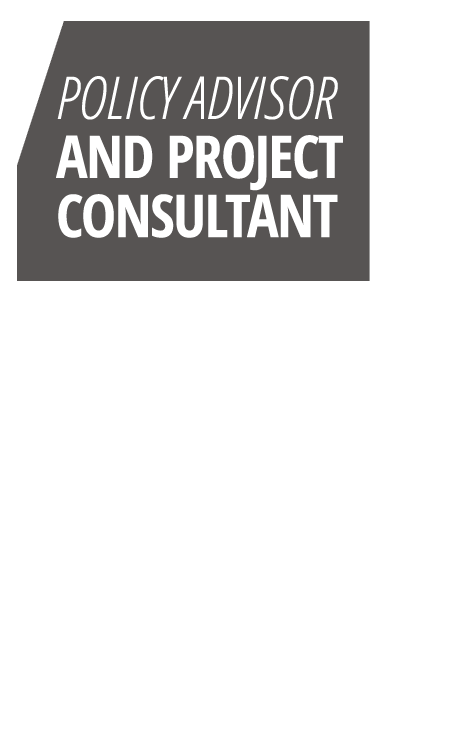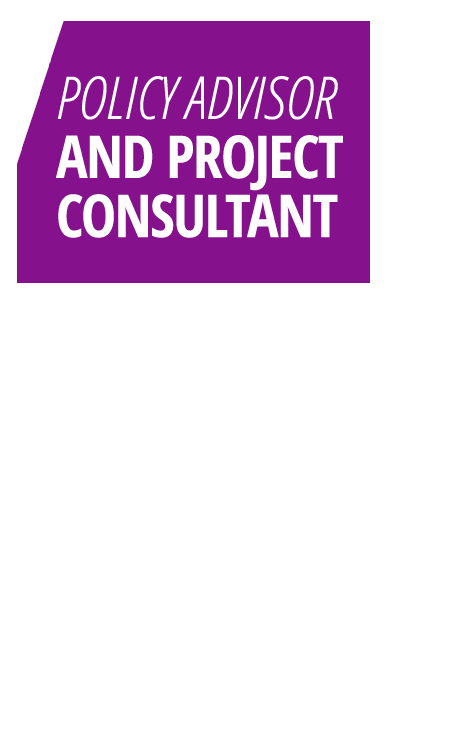The IMES – Evening & Weekend Programme – is designed for professionals who wish to gain, in a short period of time, specialized skills and tools in order to become an EU Project Consultant and Project Manager. Two editions are held per year: one during spring (starting already in March) and another one in autumn (usually beginning in September).
This intensive programme takes place three times a week: on Tuesdays and Thursdays from 18.00 to 21.00, and on Saturdays from 9.30-12:30 and 13:30-16.30. Students will work on a team to draft a European call for proposal and a procurement (they will spend time on it during class, but are also expected to work on it outside of class). This is an English-taught programme conducted entirely online, however for this edition, an optional on-site phase will take place enhanced by institutional visits in Brussels, the European Capital.
The IMES – Evening & Weekend Programme is addressed to a public of professionals looking for a change in their career or seeking to specialise as EU Project Managers and Consultants in EU Funding Programmes.
This course is tailored to provide participants with insights on the European Union institutional structure, functioning and underlying policies, and with a sound understanding of the EU funding methods and Project Cycle Management tools and techniques. To this end, the initial classes’ approach is academic, to prepare the ground for the practical module on European projects and tenders that begins right after the first one. The programme also includes a third module made focuses held by expert consultants, policy advisors or EU officials on policies and rules of the most relevant funding programmes of the EU ( Horizon Europe, Erasmus+, External Aid). At the end of the programme, participants will be able to effectively match project ideas with available EU funds, to draft, coordinate and manage European projects and tenders according to the guidelines set by the European Commission and they will have had the opportunity to be introduced to several professionals operating in this field.
CLICK HERE TO DOWNLOAD THE DETAILED PROGRAMME
Section 1 – The European Union and thematic focuses on EU policies and funding programmes
The aim of this section is to set the ground with the proper theoretical knowledge needed to step into EU Project Management. Here, the topic of European construction is analysed from historical, juridical and economic points of view.
The section aims at providing the student with a comprehensive knowledge of EU funding opportunities, in order to be able to identify the right funding programme to support specific ideas and to provide consultancy in different sectors. Throughout this section, students will analyse EU policies related to a specific area, the characteristics and rules of funding programmes linked to the policy, as well as who are the key stakeholders at the EU level in that area. Best practices and project examples will also be studied. The main topics are research and development, SMEs competitiveness, education and training, culture, youth and sport, cooperation and development.
The classes are held by professional EU Advisors and Consultants, who have years of experience in planning, advising and providing technical assistance to SMEs, NGOs, think tanks, public entities, and international organizations.
Section 2 – Successful EU projects and tenders: design and management tools and techniques
The second section focuses on the acquisition of the right mechanisms, tools and criteria for designing and managing successful EU-funded projects and tenders. What is the quality frame of a project; what is the Project Management²; how do I structure a work plan and what are the correct project drafting techniques; how do I develop a communication and dissemination plan, a quality monitoring plan, a sustainability and exploitation plan; how do I structure a project budget; what are the tools for efficient project implementation, partnership management, project monitoring and reporting; what are EU procurement procedures and how do I structure a tender offer for an EU institution. These are the queries addressed in this section.
The student learns through a learning-by-doing approach, with the support of case studies and interactive workshops.
How to apply
A maximum of 25 candidates will be admitted to the programme. Only candidates responding to the following admission criteria will be accepted:
- To have a university degree of at least 3 years
- To be currently employed or professionally active OR to be unemployed but unable to attend a full-time IMES programme
- To have good knowledge of English (listen, written, and oral)
To apply, candidates should submit an online application and the following documents must be attached:
- a copy of the university diploma or equivalent degree
- a CV in English
- a cover letter in English, stating the motivation to attend the Master
- English language certificate or a language knowledge self-statement
- one passport-size photograph
- a copy of passport or another identification document
- proof of payment of the first instalment of tuition fees of 500 € (candidates that will not be admitted will be totally reimbursed the first instalment of tuition fees within 5 working days)
Applications are open until the full capacity of the class is reached.
Note that Candidates will be admitted to the programme on a first-come-first-served basis. Only candidates fulfilling all the admission criteria will be enrolled on the Master programme. The Admission Committee from the Belgian-Italian Chamber of Commerce and the Institute of European Studies of the Catholic University of Louvain will evaluate applications and reserves the right to deny admission to the course upon written justification. The Admission Committee reserves the right to invite candidates for an interview. Candidates will receive the confirmation of admission from the Admission Committee within 15 days of the reception of the application. The enrolment to the programme is completed only when the duly filled application form and annexes are received by the Admission Committee and after the Committee notifies the acceptance of enrolment to the applicant.
Master’s tuition fees
The overall tuition fee for attending the Master amounts to €3.200. The payment of the fee is divided into 2 instalments. The first instalment of €500 must be paid during the application phase: proof of payment shall be attached to the application. The second instalment must be paid within the deadline indicated on the Enrolment Form. A 100€ reduction will be applied to all the applications submitted before the 20th of January 2025!
Tuition fees include:
application feeenrolment to IMES – Evening & Weekend Programmedidactic material (book, brochures, photocopies, USB, etc.)Master Diploma and certificate of transcripts
The fees for the optional on-site phase do not include the costs of flights and accommodation in Brussels. Participants will need to arrange and cover these expenses independently.
The payment of the fees is divided into two instalments; the first instalment of 500 € is to be paid in the application phase and proof of payment shall be attached to the application. The payment can be done by credit card (PayPal) or by bank transfer
- IBAN: BE22 7340 6465 4347
- BIC: KREDBEBB
- Bank: KBC
- Account holder: Chambre de Commerce Belgo-Italienne – Av. H. Jaspar 113, Brussels
- Description: IMES Evening & Weekend + name surname
- Amount: €3.200
Scholarships
Scholarships of a value of 1.000 € can be awarded to students by the Belgian-Italian Chamber of Commerce. Each scholarship will be granted based on the evaluation of the student’s application (according to the assessment criteria) and on the applicant’s income.
The IMES – Evening & Weekend Programme awards a Diploma in European Studies – EU Project Drafting and Management, issued by the Institute of European Studies of the Catholic University of Louvain and the European Desk of the Belgian-Italian Chamber of Commerce.
Diplomas will be awarded to students that successfully pass the evaluation process, consisting of:
- one final exam
- one project work on EU grants
- the individual learning journal
Students will also receive a Transcript Certificate with the transcript of courses and the final grade obtained.
Recognition
This is an International post-graduate programme. It is an intensive, executive programme; the title awarded is “Certificate of EU Project Drafting and Management”. This programme aims to provide the students with the professional tools required by the job market; the objective is not to provide a “title”, but practical competencies. The programme does not give university credits. Therefore, even if organized by a University-consortium, the framework of an extra-university Master has been chosen.



